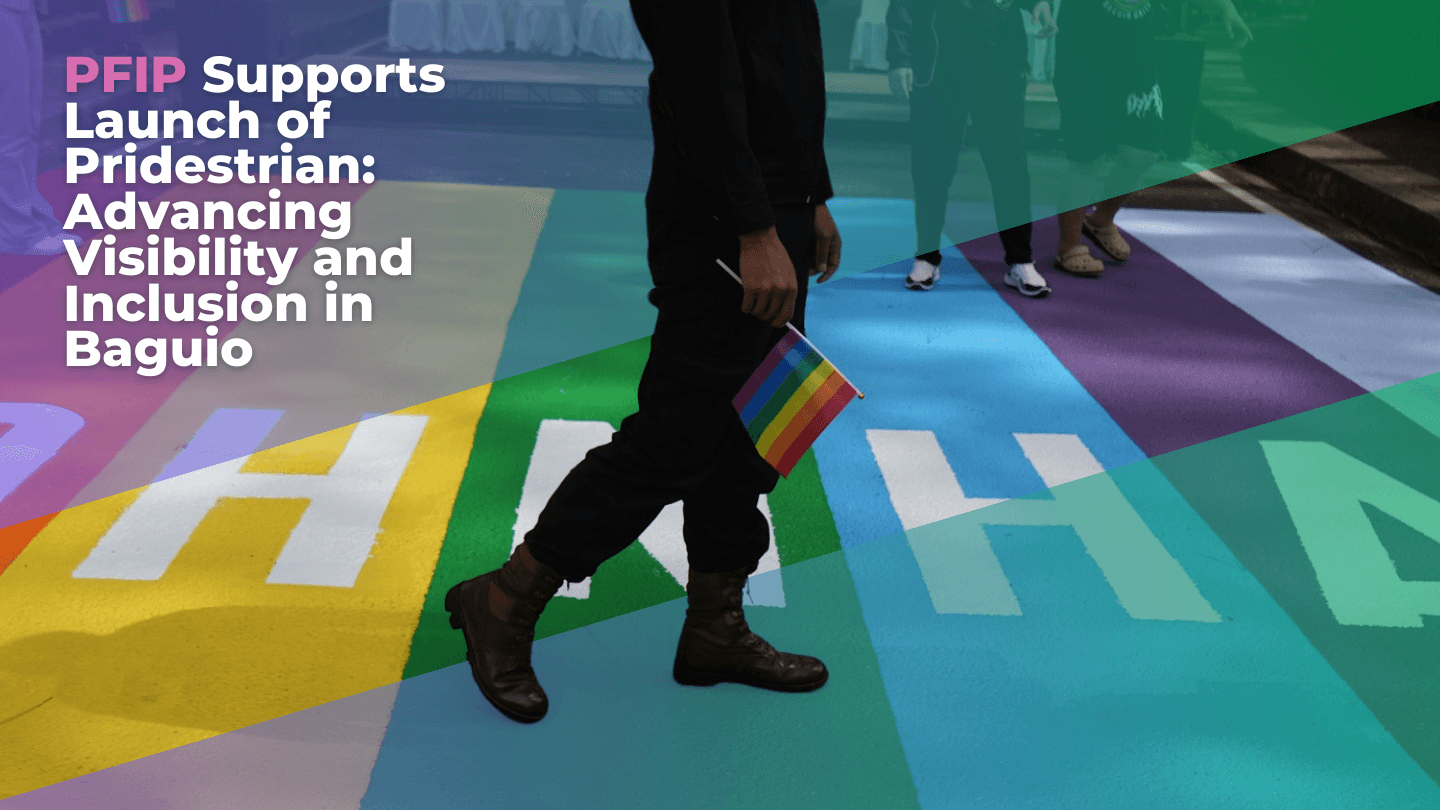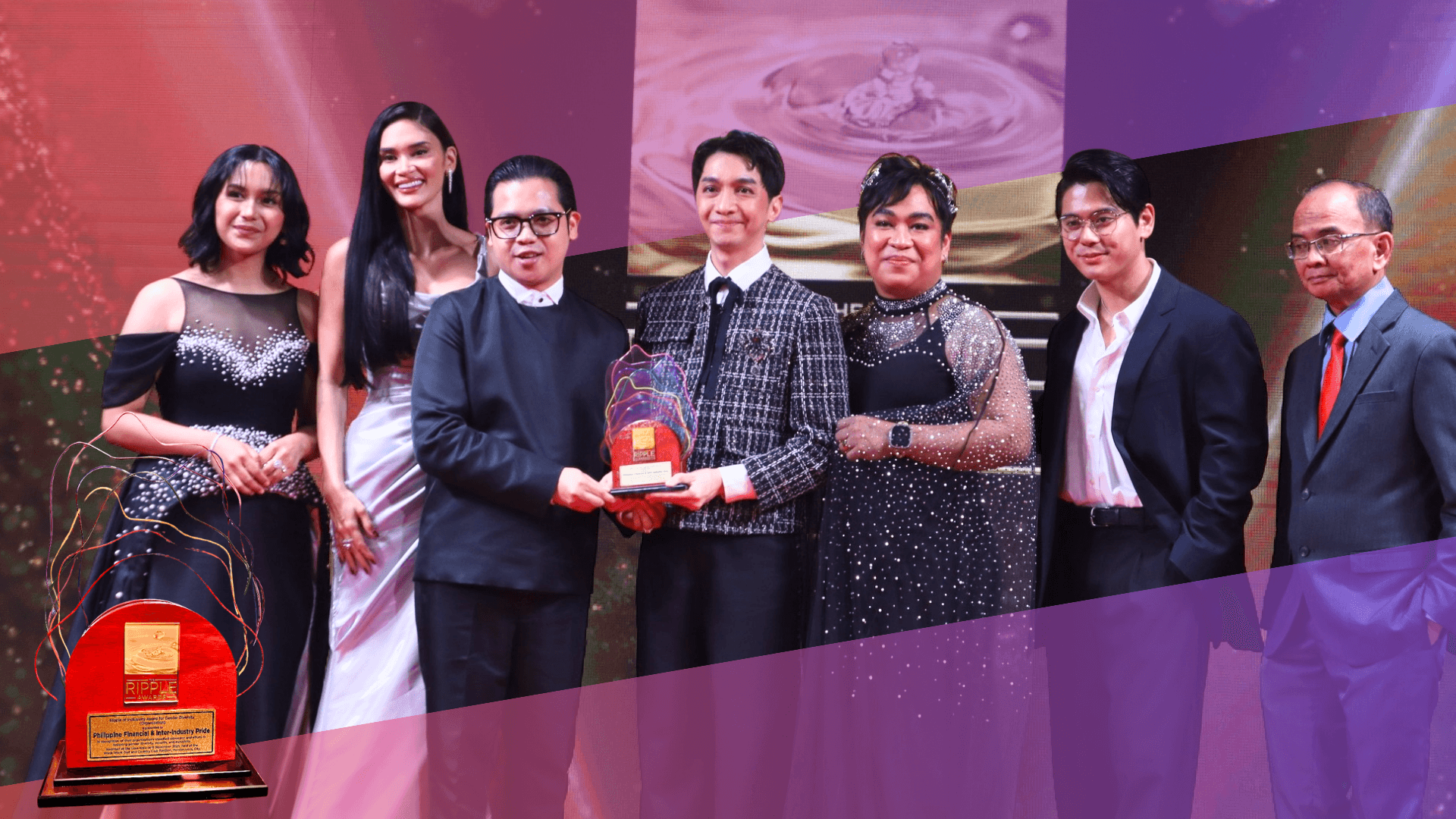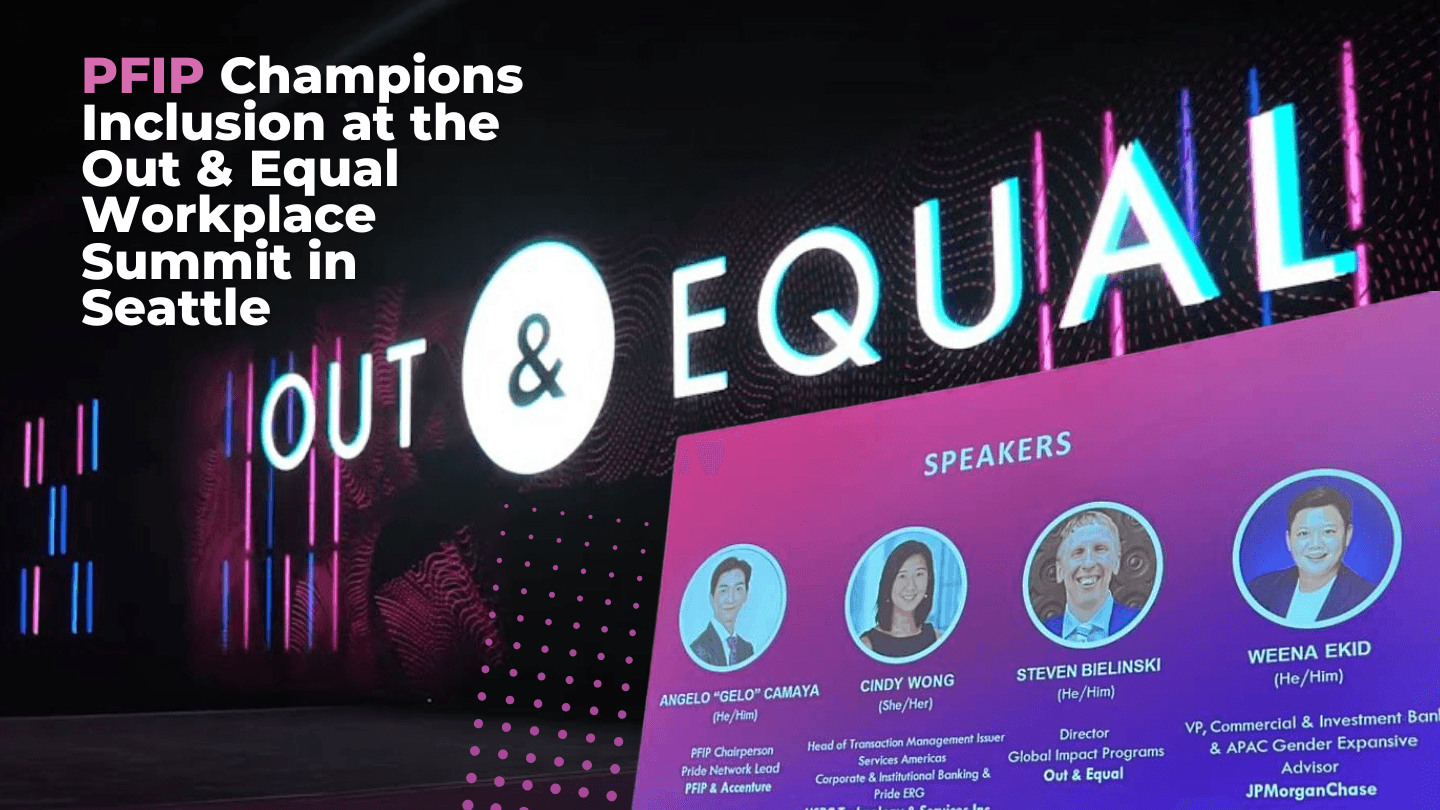There’s something about the rain that invites reflection. The world slows down, the sky turns gray, and suddenly, a warm drink and a quiet moment feel like an invitation to pause and think.
And while you’re curled up indoors waiting for the weather to pass, here’s something meaningful to reflect on:
What did the past year teach us about inclusion in the workplace?
As we move further into 2025, it’s worth revisiting the PFIP 2024 Philippine LGBTQ+ Workplace Inclusion Survey. A report that didn’t just give us numbers, but opened up real conversations about how far we’ve come… and how much farther we still need to go.

The Progress We Made
The 2024 report showed that inclusion is no longer a side project – it’s becoming a serious part of how companies operate.
More organizations than ever before reported having:
• SOGIESC-inclusive policies in place
• Employee resource groups focused on LGBTQ+ support
• Leadership buy-in for DEIB programs
• Gender-neutral facilities and inclusive healthcare benefits
And beyond policies, culture was starting to shift. Many LGBTQ+ employees said they felt safer being out at work. More allies stepped up. Pride wasn’t just a once-a-year photo op – it was becoming a conversation starter.
“What the 2024 PFIP LGBTQIA+ Workplace Inclusion Survey data reveals goes beyond numbers — it reflects how far companies are willing to go to make inclusion real. Because the real test of inclusion isn’t in having a policy — it’s in whether someone feels safe enough to list their partner on a health form, correct a misused pronoun, or believe that who they are won’t limit how far they go,” said PFIP Corporate Secretary and Trustee Ivan Garong.
The Challenges That Remain
Of course, not everything was sunshine. The 2024 survey also revealed the ongoing challenges LGBTQ+ professionals still face:
• Fear of being fully out, especially among trans and nonbinary employees
• Microaggressions and subtle discrimination that still go unchecked
• Inconsistent implementation of policies, particularly in branch offices or non-HQ settings
• Limited access to DEIB education and support in smaller companies
And while some companies were shining examples, others were just starting – or worse, still stuck in the “we’re not ready for this” phase.
As PFIP Vice Chair Ian Fegalan pointed out, “Inclusion isn’t a policy you write once. It’s a culture you nurture. And that takes constant work especially in environments where LGBTQ+ employees are still afraid to speak up.”
Lessons From 2024
So, what did the 2024 report ultimately teach us?
That progress is real but it’s uneven. That change is happening but it’s fragile. And that inclusion isn’t a buzzword it’s a daily commitment.
It reminded us that even the most well-meaning companies still need to listen more, ask better questions, and invest in systems that ensure everyone feels safe, seen, and valued.
It also reminded us that leadership matters. That when leaders model inclusive behavior, it trickles down. And that policy without empathy is just paperwork.
Something to Reflect On This Rainy Day
As the rain pours outside and you take this quiet moment for yourself, here’s something to think about:
What kind of workplace are we creating not just on paper, but in practice?
Are we empowering people to bring their full selves to work?
Are we creating space for LGBTQ+ voices to lead?
Are we addressing discomfort with courage, not avoidance?
Inclusion isn’t something you “achieve.” It’s something you choose again and again. So maybe the rain isn’t just a mood – it’s a reminder. To slow down. To look back. To keep building better.
Want to Read the Full Report?
You can sign up [here] to access the 2024 Philippine LGBTQ+ Workplace Inclusion Survey and use it as a guide for creating more inclusive workplaces.
And while we take this rainy day to reflect, we also hold space for members of the LGBTQ+ community and everyone who may be affected by the weather. May comfort, safety, and support reach all those who need it most.






